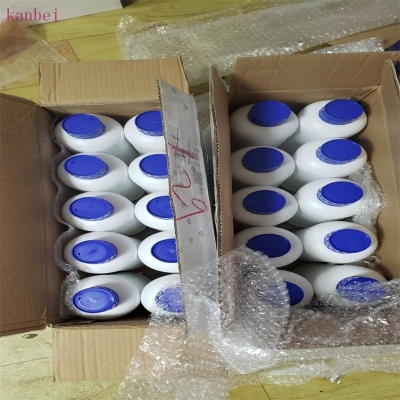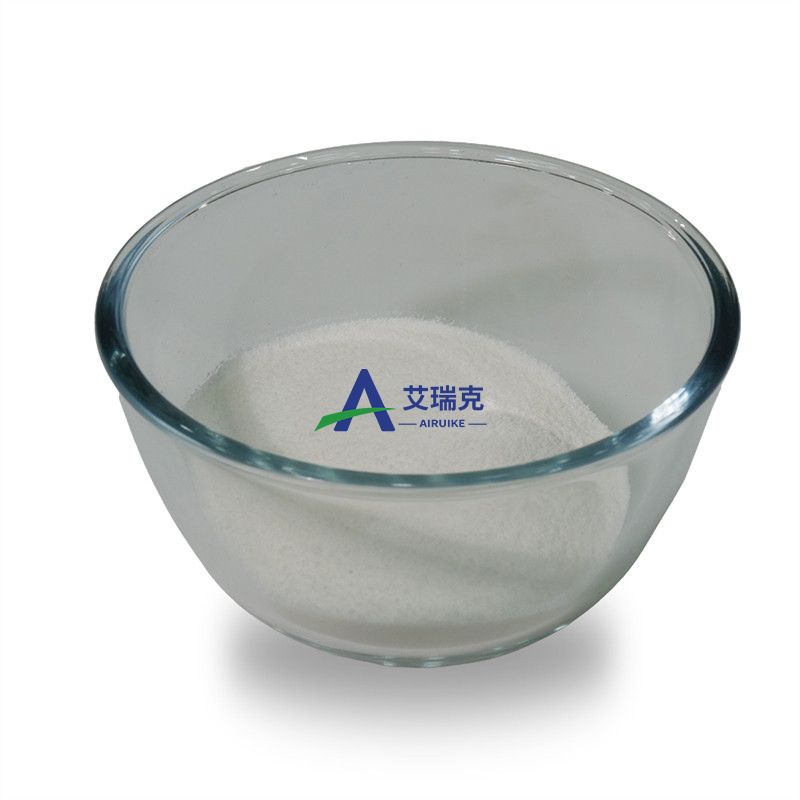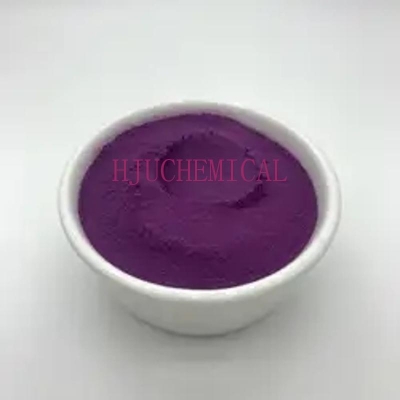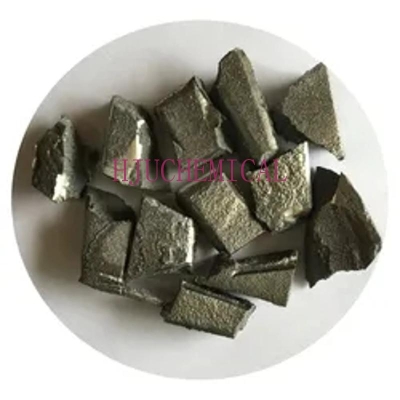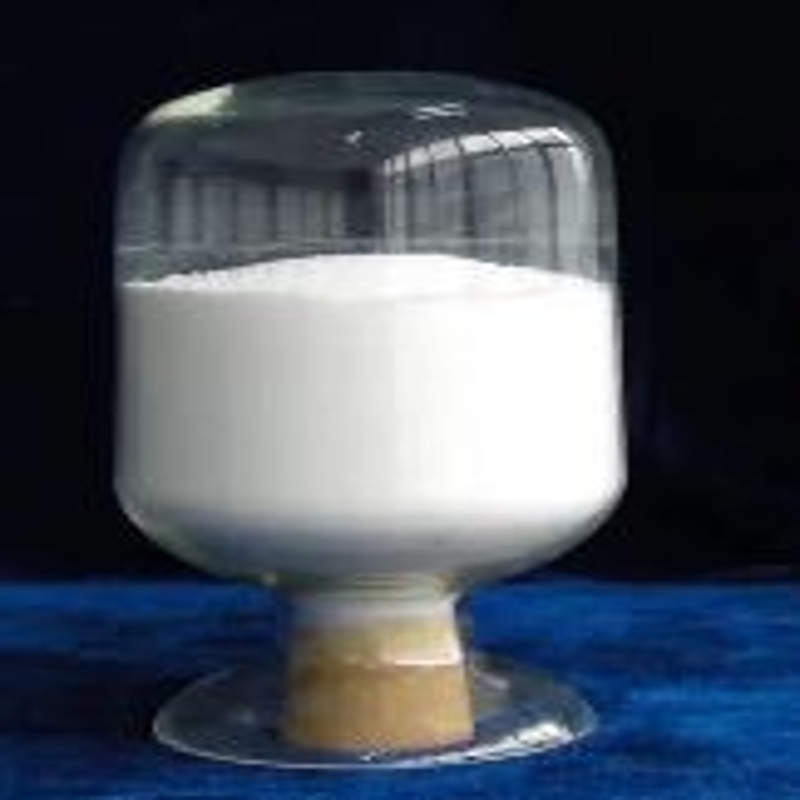Inorganic Chemistry
- • Elementary Substance (160)
- • Industrial Gases (16)
- • Inorganic Bases (53)
- • Inorganic Acid (52)
- • Inorganic Salts (1906)
- • Oxides and Peroxides (183)
- • Silica gel (5)
- • Non-metallic Minerals (14)
- • Coating Materials (24)
- • Phosphorus Compounds (50)
- • Iron Compounds (21)
- • Bromine Compounds (20)
Related News
Sort Inorganic Salts Alphabetically
Inorganic Salts
Get Inorganic Salts Raw Materials by RegionZirconium nitrate
(13746-89-9)-
Industrial Grade / 99%
-
Industrial Grade / 99%
-
Industrial Grade / 99%
$5300-6000/MT FOB
-
![Zirconium(IV) nitrate buy Zirconium(IV) nitrate]()
Industrial Grade / 99.0%
Zirconium diboride
(12045-64-6)-
Chemical Grade / 99%
-
- / 99.00%
-
Industrial Grade / 99%
-
Industrial Grade / 99%
Request for quotation , get quotes from more suppliers.
-
Industrial Grade / 75%
-
Industrial Grade / 99%
-
![Zinc carbonate hydroxide buy Zinc carbonate hydroxide]()
Industrial Grade / 99.0%
-
![Zinc carbonate hydroxide buy Zinc carbonate hydroxide]()
Request for quotation , get quotes from more suppliers.
Zirconium fluoride
(7783-64-4)-
Industrial grade / 99%
-
Industrial Grade / 99%
$20/KG FOB
-
![Zirconium fluoride buy Zirconium fluoride]()
-
![Zirconium fluoride buy Zirconium fluoride]()
Industrial Grade / 99%
Request for quotation , get quotes from more suppliers.
Zirconium carbonate oxide (Zr3(CO3)O5), hydrate (1:1)
(12671-00-0)-
- / 99.00%
-
-
Pharmacy Grade / 0%
-
Industrial Grade / 99%
$3000-3500/MT FOB
Request for quotation , get quotes from more suppliers.
Zirconium monocarbide
(12070-14-3)-
Industrial Grade / 99%
-
Industrial Grade / 99.9%
-
![Zirconium carbide buy Zirconium carbide]()
Industrial Grade / 99.0%
-
![Zirconium carbide buy Zirconium carbide]()
Request for quotation , get quotes from more suppliers.
Zinc dihydrogen phosphate
(13598-37-3)-
Chemical Grade / 99%
-
- / 0.00%
-
-
- / 99.00%
Request for quotation , get quotes from more suppliers.
-
- / 99.00%
-
Electronic Grade / 99.999%
-
Industrial Grade / 99%
-
Industrial Grade / 99.999%
Request for quotation , get quotes from more suppliers.
-
Industrial Grade / 99%
-
Industrial Grade / 99.99%
-
Industrial Grade / 99.99%
-
Industrial Grade / 99.99%
Request for quotation , get quotes from more suppliers.
Zinc borate oxide (Zn3(BO2)4O)
(12536-65-1)-
Chemical Grade / 98%
-
Industrial Grade / 99%
-
![ZINC BORATE buy ZINC BORATE]()
-
![ZINC BORATE buy ZINC BORATE]()
Industrial Grade,Pharma Grade / 99%
Request for quotation , get quotes from more suppliers.
More Information
Inorganic salts, also known as minerals, encompass both major and trace elements, constituting essential substances in human metabolism. Most often, when referring to inorganic salts, we imply pure substances, such as laboratory-grade sodium chloride. We do not label it as table salt because additional substances are often added to table salt.
The primary distinction between inorganic and organic salts lies in the nature of their anions. Much of their chemical properties are determined by these anions. For instance, inorganic salts typically exhibit strong hydrophilicity, while organic salts may display affinity towards certain nonpolar reagents.
Despite their low concentration in cells and the human body, inorganic salts play significant roles. A diversified diet, with less animal fat consumption and more consumption of coarse grains like brown rice and corn, and limited intake of refined flour, helps maintain the normal levels of inorganic salts within the body.
Common inorganic salts include:
● sodium chloride
● potassium chloride
● calcium carbonate
● magnesium sulfate
● ammonium nitrate









